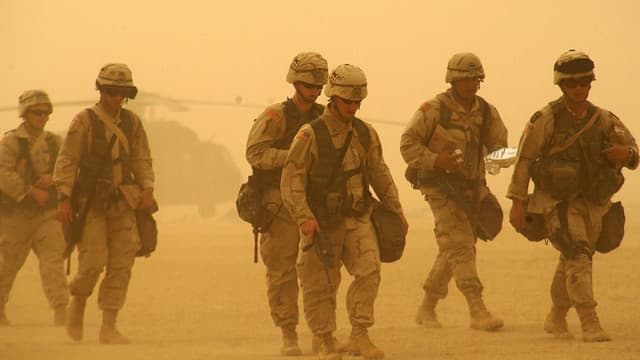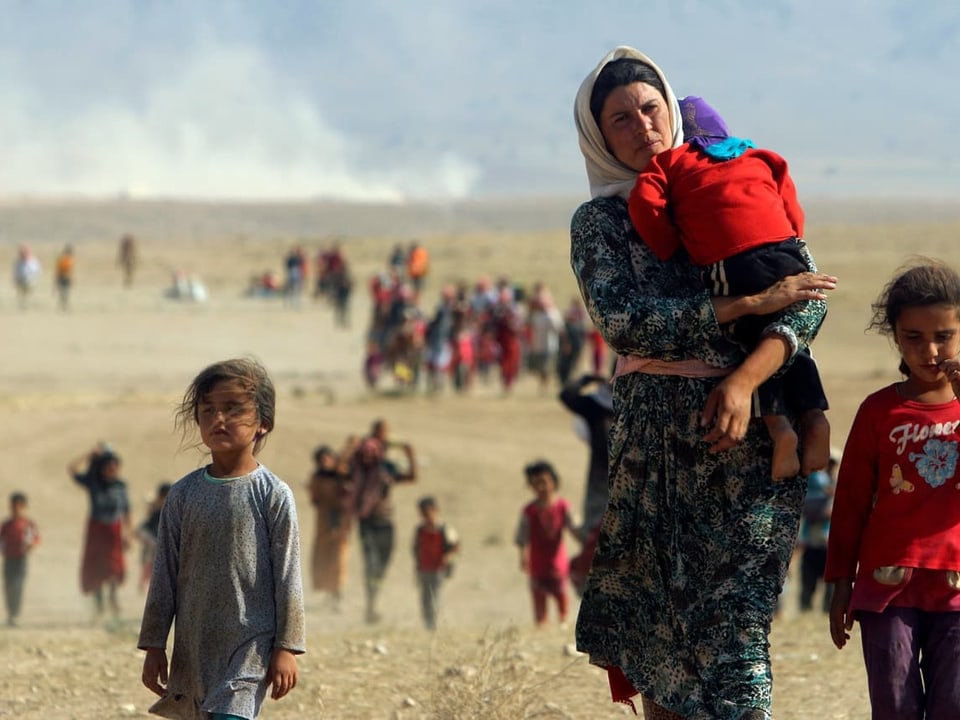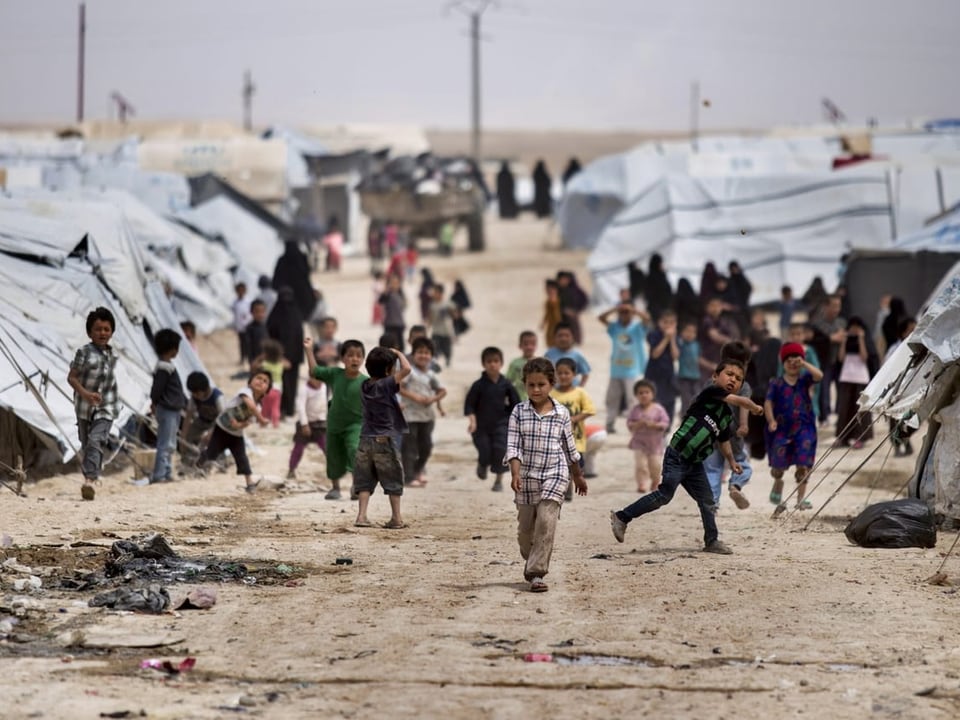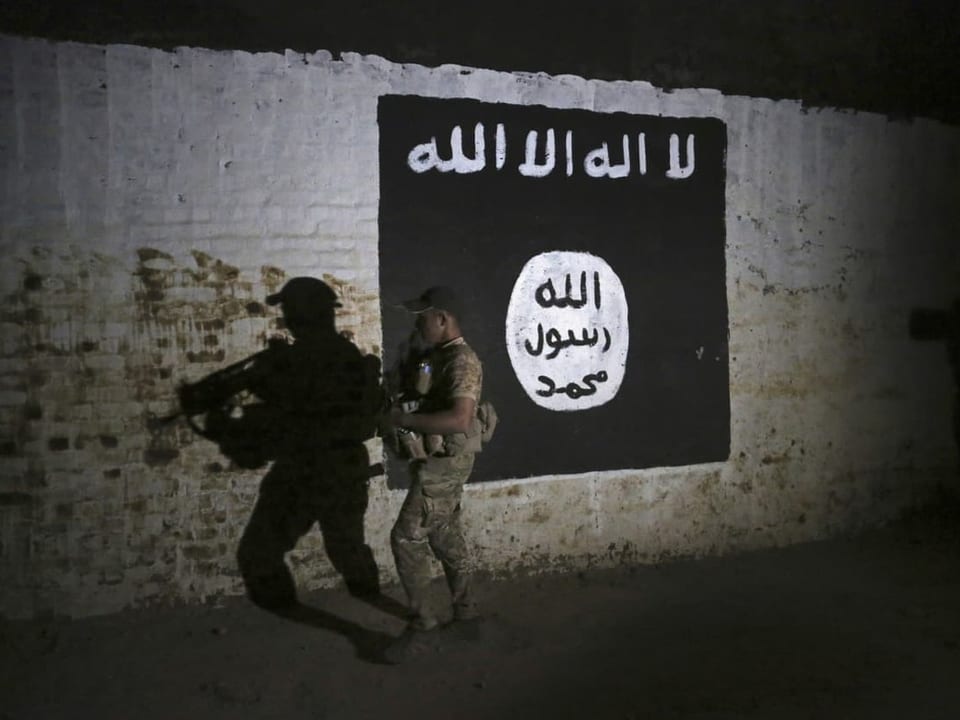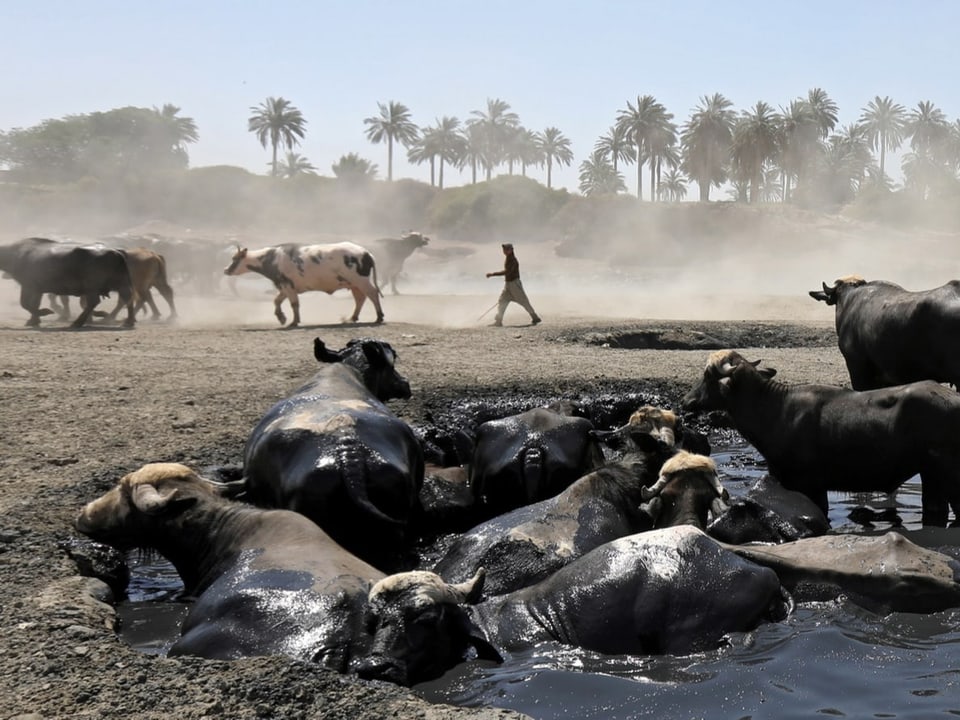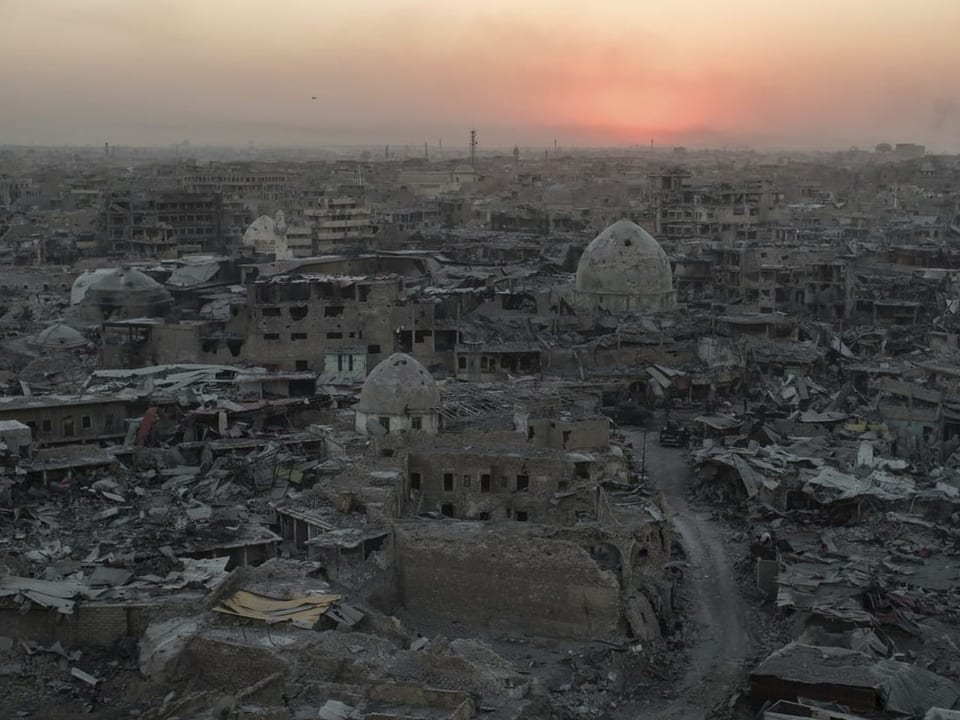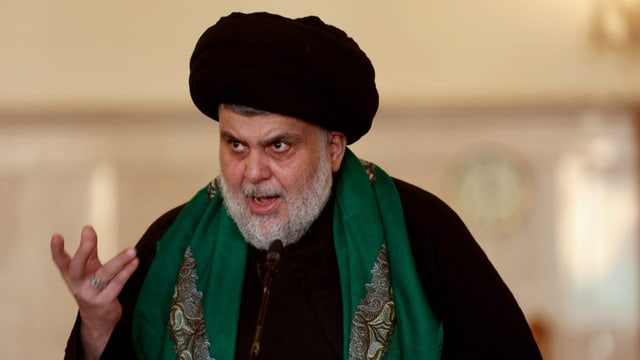Contents
UN chief António Guterres visits Iraq. It has become quiet around the shattered country. But the problems are immense.
UN Secretary-General António Guterres is currently in Iraq – for the first time in six years. Upon his arrival in Baghdad, he spoke of a “visit of solidarity with the people and the democratic institutions of Iraq”.
This month marks the 20th anniversary of the US-led invasion of Iraq. The dictator Saddam Hussein was overthrown within a few weeks. It was the end of decades of terror – and the beginning of the next martyrdom for the Iraqi people. Iraq sank into chaos, hundreds of thousands of people would die.
Sectarian violence swept the country, the “coalition of the willing” became embroiled in a war in which there were only losers, and an offshoot of the terrorist organization al-Qaeda installed itself in Iraq. The IS would later emerge from it.
Iraq is marked by the consequences of the American war of aggression twenty years ago.
“The challenges Iraq is facing did not arise overnight,” said Guterres, flanked by Iraqi Prime Minister Mohammed Shia al-Sudani. “They are the product of decades of oppression, of war, terrorism and foreign interference.”
But how is the situation today? “Iraq is marked by the consequences of the American war of aggression twenty years ago,” says Susanne Brunner. She traveled the country several times during her time as SRF’s Middle East correspondent.
Huge Challenges
Guterres emphasized in Baghdad that the situation had improved compared to previous years. “But better is far from good,” Brunner puts it into perspective. “The country has huge problems.”
There are still hundreds of thousands of displaced people in their own country, climate change, corruption and food insecurity are troubling Iraq. Just like the strong influence of its neighboring country Iran.
Brunner was last in Iraq in late summer 2022. “At first glance, things looked better in Baghdad than in Beirut,” reports SRF’s current foreign editor. “There was electricity half the day, people sat in cafés and on streets where there were attacks almost every day just a few years ago.”
But the peaceful appearance was deceptive. “The country was seething,” Brunner recalls. A power struggle raged in Baghdad between forces loyal to Iran and supporters of the Iraqi nationalist Muqtada al-Sadr. In other parts of the country, IS, which had regained strength, terrorized people.
The government cannot guarantee security in the country – and without it there is no development.
After years of political stalemate, Iraq has had a new government since last October. Upon his arrival, Guterres praised their “ambitious reform agenda” and promised the support of the UN.
Iraq does not determine its own fate
The government maintains close ties with the regional Shiite superpower Iran. But the real winners of last May’s elections are no longer represented: the supporters of Muqtada al-Sadr.
To date, Iraq is not really a sovereign state, concludes the Middle East expert: “Regional powers are involved, plundering the country’s resources and heating up internal conflicts.”
Brunner’s sad conclusion: Iraq would actually have everything. Raw materials, agricultural products, a partially very well educated youth. “But the government cannot guarantee security in the country – and without it there is no development.” After all, the UN chief’s visit is a sign that the world hasn’t completely forgotten about Iraq.
